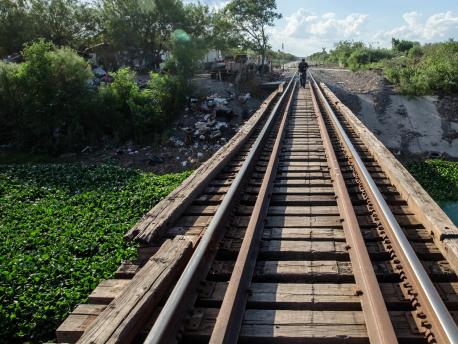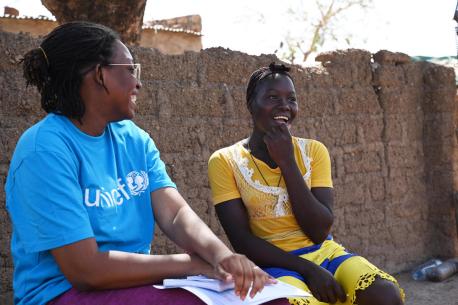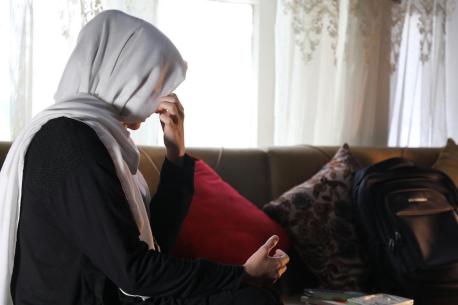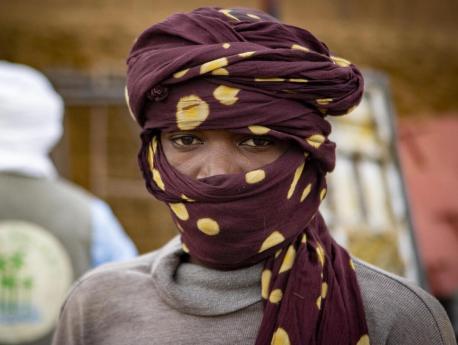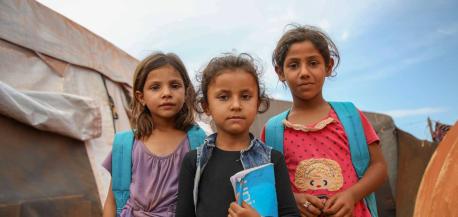
Respect for Children
UNICEF works in many different ways to ensure that children are not only healthy, educated and protected, but also respected.
Working to create a world where every child is respected
Everything UNICEF does is related in some way to making sure children are respected, and that their rights are upheld.
This includes the right to health and education, to safety and security. The right to equitable opportunities to reach one's full potential. The right to be heard, considered and counted.
UNICEF works in many different ways to respect, promote and safeguard these child rights — by helping to prevent and respond to violence and abuse and put and end to harmful practices like child labor and child marriage; through inclusive education and other programs that support children with disabilities; by promoting youth engagement and amplifying youth voices on issues that directly impact their lives and futures and many other endeavors.
Children are least responsible for the climate and other global crises, yet suffer the most from their impacts
Today's generation of children is the first to grow up in a world made far more dangerous as a result of climate change. Addressing climate change and advocating for child-centric climate action are major priorities for UNICEF.
Children are tomorrow's innovators, leaders, scientists, artists and mentors. And they are today’s changemakers. Without change, children face a grim future, and we risk a tragic waste of potential.
Empowering children to be agents of change
As outlined in the Convention on the Rights of the Child, children have the intrinsic right to a safe and clean environment. With activist Greta Thunberg and other youth sounding the alarm, UNICEF is working to amplify their voices while also advocating for more direct youth involvement in climate solutions.
Operating in over 190 countries and territories, UNICEF has been providing the tools and resources to help children thrive since 1946. From boots to suits, our staff of 13,000 works nonstop, implementing programs and advising governments on legislation and other measures that empower children to take ownership of their futures and be changemakers in their communities.
UNICEF also works to raise awareness of issues that impact children, leveraging its vast wealth of data and global communication platforms to enhance youth participation and engagement in developing and advancing climate solutions.
Respecting children through the Child Friendly Cities Initiative
Through the UNICEF Child Friendly Cities Initiative (CFCI), UNICEF collaborates with local stakeholders to establish safer, more just, equitable, inclusive and child-responsive cities and communities.
CFCI uses the UN Convention on the Rights of the Child as a framework to help local governments prioritize the needs of children and young people and elevate their voices in local governance and decision making, so that neighborhoods become safer, schools and health systems function better, infrastructure is strengthened and communities are improved for all citizens.
Innovating for youth engagement and advocacy
A major focus of UNICEF's innovation work is to empower young people through better access to information, opportunities and choices.
UNICEF's U-Report mobile communication platform is a great example of how digital technology is helping to boost youth engagement and participation in society — providing a tool young people can use to coordinate local action on local matters, including emergency preparation and response, and connect with their governments on issues that matter to them.
